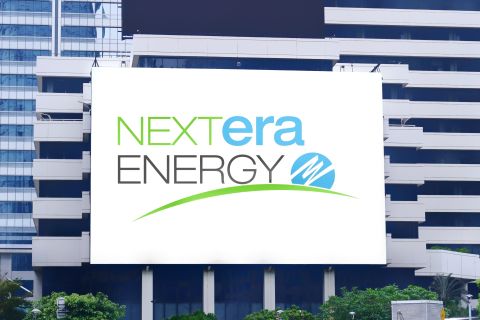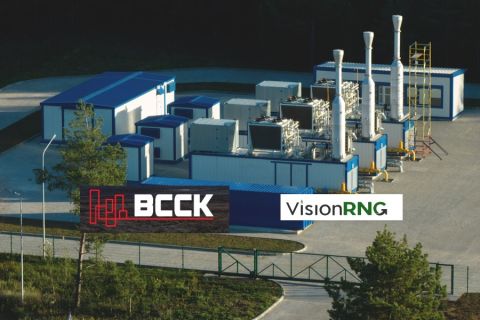Cheniere Energy Inc. said Nov. 7 that federal regulators authorized the return to service of one of two shut storage tanks at the U.S. LNG company’s Sabine Pass LNG export plant in Louisiana following a leak in 2018.
Specifically, the U.S. Federal Energy Regulatory Commission (FERC) and the U.S. Department of Transportation's Pipeline and Hazardous Materials Safety Administration (PHMSA) approved of the return to service of LNG Tank S-101.
PHMSA ordered Cheniere to shut two LNG storage tanks on Feb. 8, 2018, after plant workers on Jan. 22, 2018, discovered a one- to six-foot crack in one tank that leaked fuel into an outer layer.
During the investigation of the Sabine site, PHMSA discovered a second tank had also experienced releases of LNG from the inner tank.
FERC and PHMSA have said tank S-103, the other tank shut in 2018, will remain out of service until the regulators authorize its return.
In October 2021, Cheniere agreed to pay the PHMSA’s proposed $1.5 million penalty for alleged violations related to the 2018 leak.
The five tanks at Sabine can hold the equivalent of 3.4 Bcf of gas each, or 17 Bcf in total. One billion cubic feet of gas is enough to fuel about 5 million U.S. homes for a day.
Cheniere is the biggest U.S. buyer of natural gas and the biggest U.S. exporter of LNG with the capacity to produce about 45 million tonnes per annum (mtpa) of LNG at its two facilities: Corpus Christi in Texas and Sabine. That is equivalent to almost 6 Bcf/d of natural gas.
The company is also building the seven-train Corpus Christi Stage 3 expansion, which will have a capacity of roughly 11.5 mtpa, and is developing the addition of a couple more liquefaction trains at Corpus.
Recommended Reading
Solar Panel Tariff, AD/CVD Speculation No Concern for NextEra
2024-04-24 - NextEra Energy CEO John Ketchum addressed speculation regarding solar panel tariffs and antidumping and countervailing duties on its latest earnings call.
NextEra Energy Dials Up Solar as Power Demand Grows
2024-04-23 - NextEra’s renewable energy arm added about 2,765 megawatts to its backlog in first-quarter 2024, marking its second-best quarter for renewables — and the best for solar and storage origination.
BCCK, Vision RNG Enter Clean Energy Partnership
2024-04-23 - BCCK will deliver two of its NiTech Single Tower Nitrogen Rejection Units (NRU) and amine systems to Vision RNG’s landfill gas processing sites in Seneca and Perry counties, Ohio.
Clean Energy Begins Operations at South Dakota RNG Facility
2024-04-23 - Clean Energy Fuels’ $26 million South Dakota RNG facility will supply fuel to commercial users such as UPS and Amazon.
Romito: Net Zero’s Costly Consequences, and Industry’s ‘Silver Bullet’
2024-04-22 - Decarbonization is generally considered a reasonable goal when presented within the context of a trend, as opposed to a regulatory absolute.





